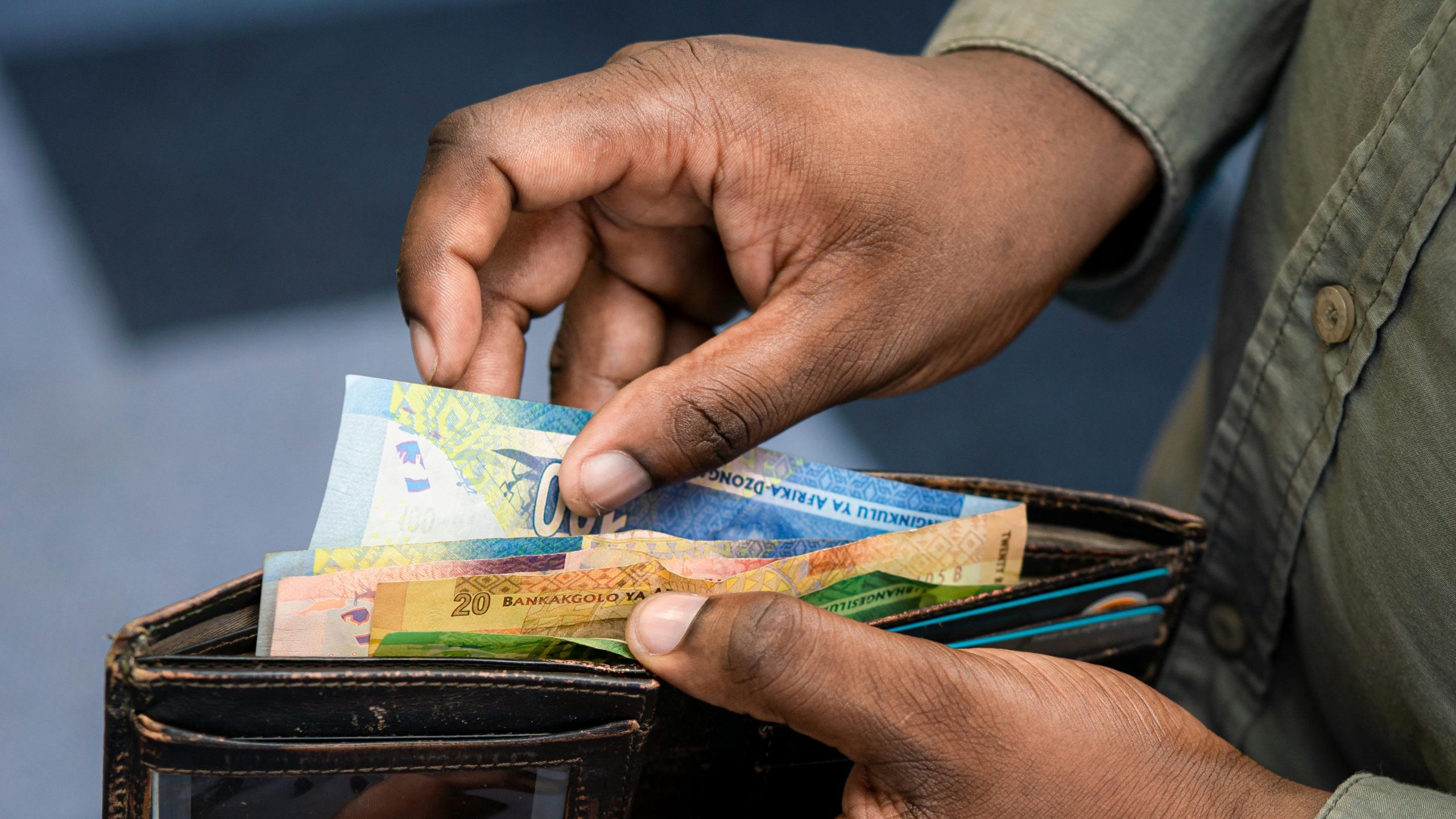South Africa’s biggest banks are under intense scrutiny as the rand manipulation case reaches the Constitutional Court. The Competition Commission has accused global and local banks of colluding to fix the rand-dollar exchange rate, calling it behaviour similar to cartels.
The case regarding rand manipulation, which has dragged on for nearly a decade, could have far-reaching consequences. At its heart is whether financial institutions conspired to profit at the expense of South Africa’s economy.
Cartel-Like Conduct Alleged
Advocate Tembeka Ngcukaitobi, representing the Commission, argued that the alleged manipulation went beyond ordinary market behaviour. He said banks “targeted South Africa’s sovereignty” by exploiting its currency for gain in this manipulation case involving the rand.
The Commission has compared the case to international cartel practices, warning that such conduct harms both competition and consumers.
Major Banks Implicated
The allegations involve some of the world’s most powerful financial institutions, including those with operations in South Africa. If proven, the conduct in this rand manipulation case could erode trust in the country’s banking system and damage investor confidence.
Banks have previously argued that the Commission’s case lacked sufficient evidence. However, the matter has now escalated to the highest court, signalling the seriousness of the allegations regarding the rand manipulation.
Impact on South Africa
The rand manipulation case comes at a time when the economy is already under pressure from weak growth, high unemployment, and currency volatility. Analysts warn that cartel-like behaviour, if left unchecked, could deepen inequality and undermine financial stability.
The Constitutional Court’s ruling will determine whether the Competition Tribunal can proceed with the case. A decision against the banks in this crucial rand manipulation case could open the door to penalties and reshape South Africa’s financial landscape.
For ordinary South Africans, the outcome will be critical. A fair and transparent currency market is essential to protect savings, imports, and the cost of living. The case is not just about banks; it is about the country’s economic future in light of the alleged manipulation of the rand.


